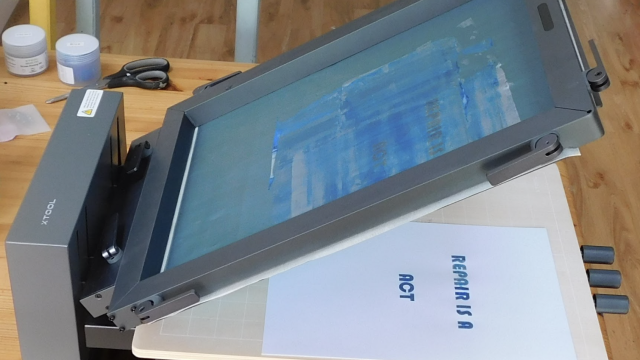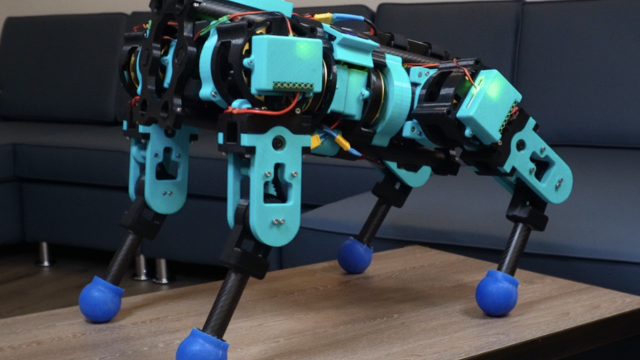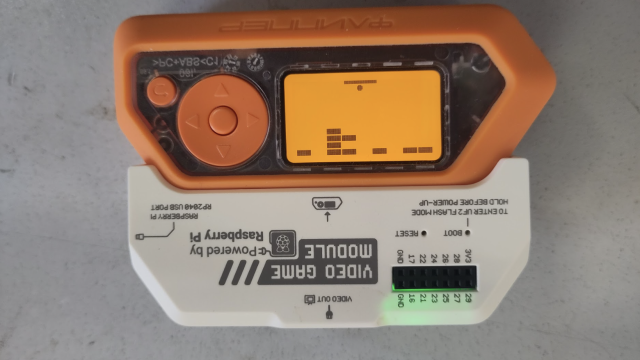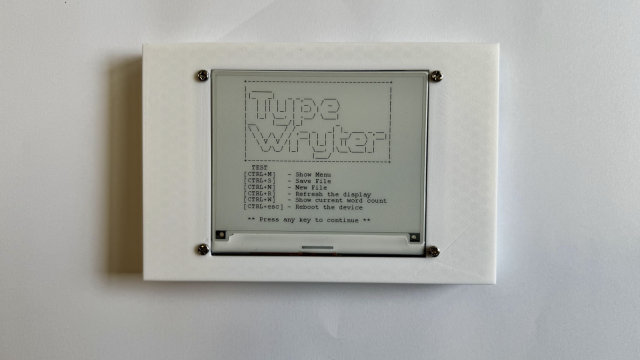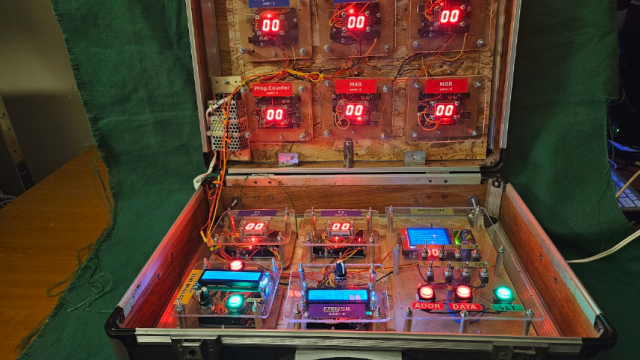Probably one of the most useful is the ‘lone worker’ or ‘man down’ safety monitoring application that allows employees (and I assume friends/family) to quickly request aid when working on their own, and no one else is around to call for help. Some of these include a panic button or a hands-free trigger, such as a tether that just needs to be pulled from the headphone jack, so a request for help can be sent without having to unlock the phone.
Something else I’d not come across, and not something I need but I can see their advantage when having a lot of tools on-site, is Bluetooth-enabled power tools. The Bluetooth is used for monitoring where each tool is on-site and how much battery life is left. Some even support wireless charging.
You can also get items that either plug into your phone, or that wirelessly connect:
• Thermal imaging/infrared sensors
• Moisture and humidity meters
• Inspection scopes
• Stud finders
• Clamp and infrared thermometers
• Thermal and vane anemometers
• Laser distance measurers
• Differential pressure meters
You can also use your phone to measure – up to certain limits – audio power or noise levels, vibration, and magnetic flux. Then there are augmented reality apps that calculate slope, distance, and height. And of course, there’s always the torch!
Combined with all these, you can get phones and cases that are waterproof and even MIL-spec rugged – so they can withstand drops, and extremes in temperature and barometric pressure.
Still, I doubt it will ever replace my hammer.

